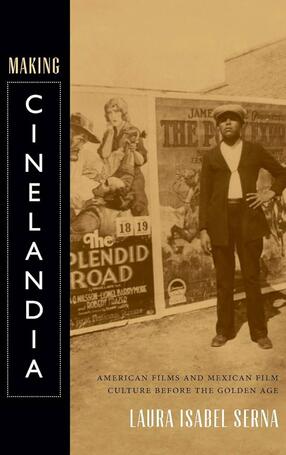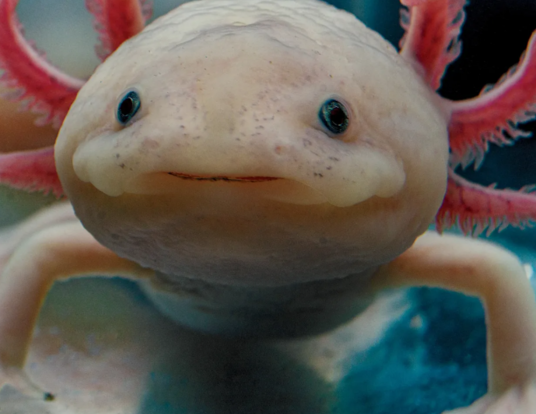La Erudita del Cine
Harvard Griffin GSAS Voices: Laura Isabel Serna, PhD ’08
Laura Isabel Serna is an associate professor at the University of Southern California. She talks about her research on American film and Mexican immigration, her attraction to off-beat projects, and how two Harvard mentors helped propel her to success.
Once upon a Time, in Mexico
I’m a historian interested in the experiences of everyday people in the early to mid-twentieth century. I began my scholarly career by examining how American films made their way to Mexico and how they were received by audiences there and in Mexican communities in the United States.

I first became interested in the topic when I came across a newspaper article about women from Mexico who went to Hollywood to become movie stars. This was not a story I had ever heard about; I had heard about girls from Kansas wanting to go to Hollywood, but never about Mexican girls. It made sense to me, given that Mexico is so close to Hollywood, and that during the silent period, you could act without having to speak English.
It turns out that in the early 1900s, nearly all the films shown in Mexican movie theaters were from the United States, so most Mexican migrants had probably seen Hollywood movies before they came to this country. Yet the historical literature contends that Mexican immigrants became Americanized by watching these films after they got to the United States.
I’m also interested in the many different responses to American film and in film culture more generally—how it changes and moves. Some critiques framed American culture as a form of cultural imperialism. Some people in Mexico indeed saw American films as a stand-in for American culture, but many Mexicans saw film as part of a global culture, and moviegoing as a way of participating in modern life.
I tend to be attracted to projects that are difficult. In more recent work, for example, I have been trying to understand the work of Mexican extras who aren’t credited in films, have no records, and sometimes are completely anonymous. I also co-edited a volume with my colleague Colin Gunckel on the writings of early Latino media critic Gabriel Navarro, which present a unique perspective on Mexican American entertainment culture. My projects examine engagement with cinema culture and involvements in the industry that some might call marginal or peripheral, but they are really central to thinking about how Mexican immigrant audiences engaged with film culture in the 1920s and 1930s.
Pursuing Weirdness
I’m a first-generation student. I went to the University of California, Berkeley, and majored in religious studies. When I got my undergraduate degree, I decided to apply to graduate programs even though I wasn’t completely sure what professors did. People advised me to apply to schools on the East Coast because it might give me a better chance at getting a job back West. So, I went to Harvard Divinity School thinking I might get a PhD in religious studies.

While I was there, I cross-registered for classes at Harvard Griffin GSAS. I became interested in cultural history and decided to pursue that. Eventually, I ended up back at Harvard in the history of American civilization PhD program.
During my time at Harvard Griffin GSAS, Professor Liz Cohen was an incredible mentor, and one of the biggest influences not only on the way I think as a historian but also on the way that I teach my students. She’s very precise. Dr. Cynthia Verba also had a big impact on me. She advised graduate students on their grant applications and helped me see the value of sharing my work in advance with people even if it made me uncomfortable. She supported me during my application for a Fulbright-Hays grant for doctoral research. When I graduated, I sent her a gift from Mexico. She probably received a million gifts from grateful students because she was so good at her job!
One of the best pieces of advice I got at Harvard was from my faculty advisor Professor Werner Sollors. He told me that if something was weird, I should keep pursuing the weirdness and figure out what it was. Embracing my innate curiosity helped get me through graduate school. It’s what drives my work today.
Get the Latest Updates
Join Our Newsletter
Subscribe to Colloquy Podcast
Simplecast





